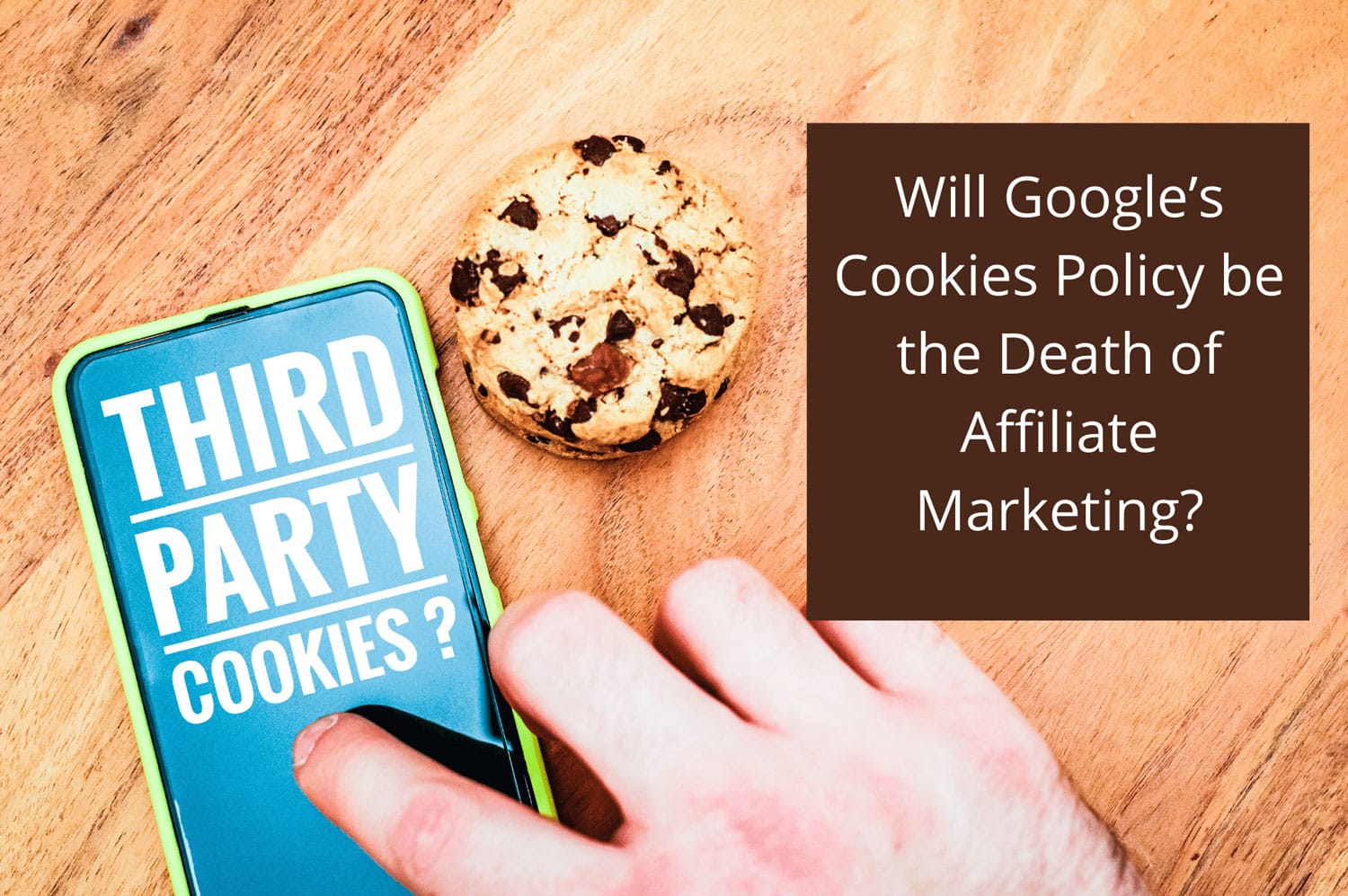
When you’re an affiliate marketer – either small or large – your income depends on cookies. Since practically its inception, affiliate marketing has relied on cookies to track leads, assign commissions and more.
So, when Google – with its 65% (ish) market share – announced that the Chrome browser would no longer track third-party cookies, many affiliates panicked. Would Google’s new cookies policy be the death of affiliate marketing? How could we track what we needed without cookies?
First, Let’s Get Some Perspective About Google’s Third-Party Cookies Policy (Privacy Sandbox)
Since 2013, Firefox and Safari (Apple) browsers have been blocking third-party cookies. While they have significantly lower user bases than Chrome it goes to show that this is really nothing new.
When Will Google’s Cookies Policy Change and Why?
At last look, a specific date has not been provided by Google. The company has only said of the Privacy Sandbox that it would "begin phasing out third-party cookies in Chrome in the second half of 2024.' People are tired of having their every moves tracked online and cookies are the primary way that is done.
Because Google is working toward a goal of heavy user privacy it is phasing out third-party cookies in an effort to make that happen.
What’s the Difference Between First-Party Cookies and Third-Party Cookies?
Cindy Bidar’s Tiny Course Empire Podcast has excellent information about this along with other affiliate marketing info (such as email links).
Cindy explains, “A third-party cookie is a cookie that is placed on computer when you visit a website, but it’s not the website owner’s cookie.” Third-party cookies are also designed to track you which is the primary issue at hand.

She continues with a good example. A website owner might allow a Facebook cookie (tracking pixel) on their site when they run Facebook ads. That website owner is allowing Facebook to keep track of what you are doing on their site, where you are browsing, what pages you visit. But that’s Facebook’s cookie. It’s not the website owner’s cookie, so it’s considered third-party. In addition, it’s a cookie designed to track your movements… another criteria required to be called a third-party cookie.
Have you ever gone to a website (or multiple sites) and started seeing ads all over for the same gardening gloves you were just shopping for, but didn’t buy? That’s third-party cookies at work. They are on multiple sites and are tracking you as you move from one place to another.
Google, Apple and other companies think this is an invasion of your privacy and want to put an end to it.
On the other hand, a first-party cookie doesn’t track you or your behaviors anywhere and doesn’t share personal information. This is a cookie your site places in the user’s browser. It might help pages load faster if the visitor returns or keep items in their shopping cart for later on, etc.
Or your affiliate text link might send a lead or customer to another site where – on THAT site - a unique affiliate code is created or recognized that allows leads and sales to be accounted for.
5 Ways to Make Your Commissions Soar!
These 5 advanced techniques that will help you:
- Increase your affiliate commissions steadily.
- Build more passive income (so you don't have to work as hard).
- Take advantage of the natural flow of traffic.
- Offer your followers fun and helpful freebies without selling all the time.

I understand that I will also receive weekly articles & videos plus periodic discounts, product notices & more. I can unsubscribe at any time.
Because the cookie is created by and used only by that one website, it is a first-party cookie even though your link sent the customer from one site to another.
First-party types of cookies aren’t going away. Google isn’t targeting them. Almost all affiliate text links are first party, so those are safe.
However, affiliate network links (ad networks, etc.) are in danger. Those do have tracking capabilities and can span multiple sites.
Does Putting My Affiliate Link on Facebook, YouTube, Pinterest or Other Sites Make it Third-Party?
Keep in mind that we are talking about COOKIES, not links. The link might pass information (your affiliate ID so the site knows who to pay a commission to), but it doesn't create cookies.
The cookie is created AFTER a person reaches the affiliate site. Because the cookie is created on that site and only used by that site and no personal information is tracked or provided from the affiliate site to any third party those affiliate links are first-party.
Does Google’s Cookies Policy Impact Email?
Because email uses pixel tracking (which is not the same as cookies), Google’s nor Apple’s policies should affect email tracking.
What Will Google Replace Third-Party Cookies With?
As part of the Privacy Sandbox initiative, Google is working on something called Topics API, however it is not ready for primetime just yet.
Basically, Chrome will gather a list of topics from the customer’s browsing history. Once a week Chrome will add one topic using the customer’s interests. But, at the end of three weeks, Chrome will automatically start all over again without saving any previous data.
Like I said, they’re working on it.
Takeaways for Affiliates About Google’s Upcoming Third-Party Cookies Policy
- Plain old text mail affiliate links shouldn’t be affected because the majority are first-party cookies.
- Affiliate links on websites, blog posts or other pages of your website shouldn’t be affected unless you get links from an ad network that shares data (display ads, PPC ads, etc.).



